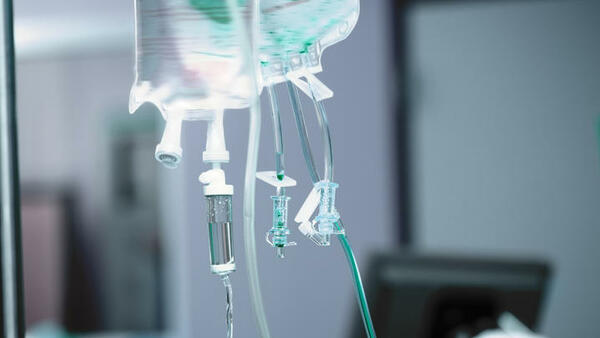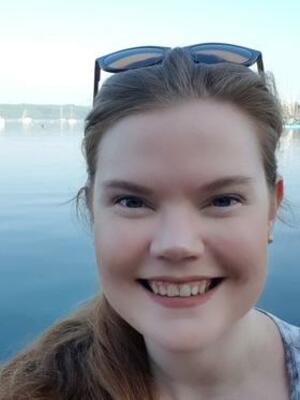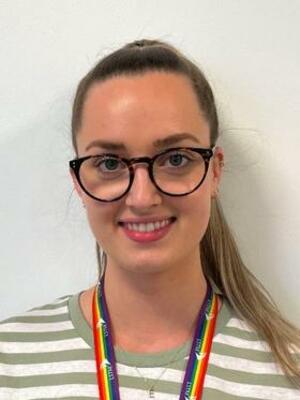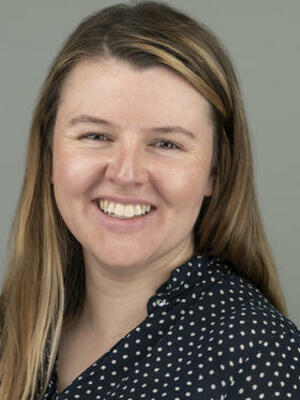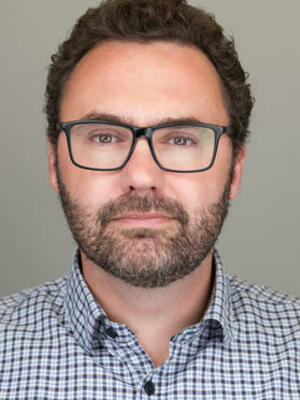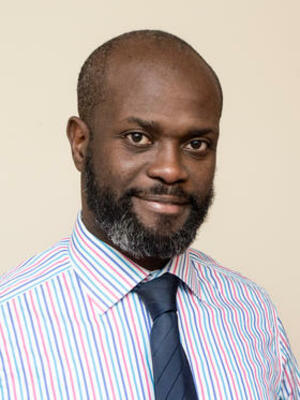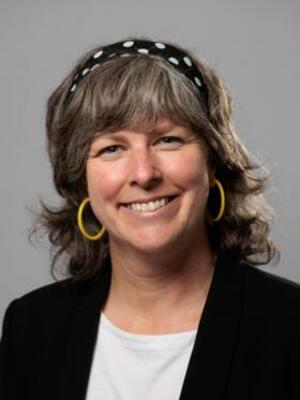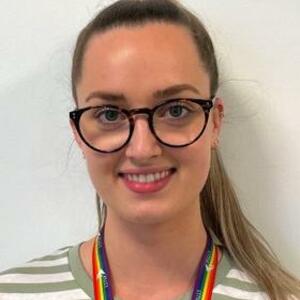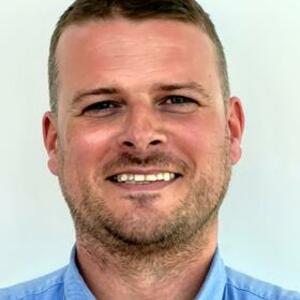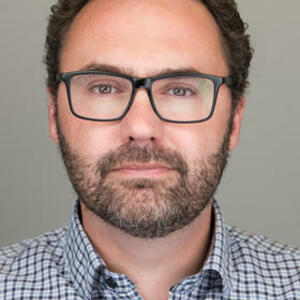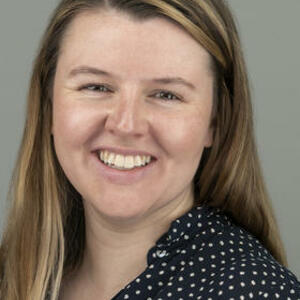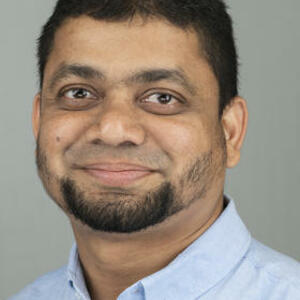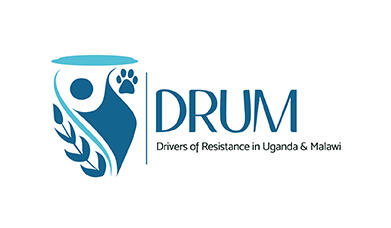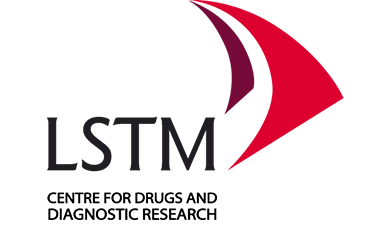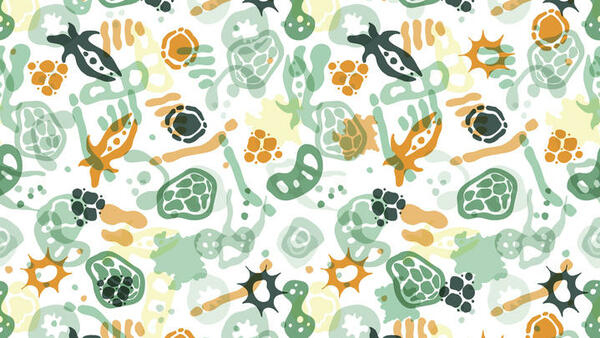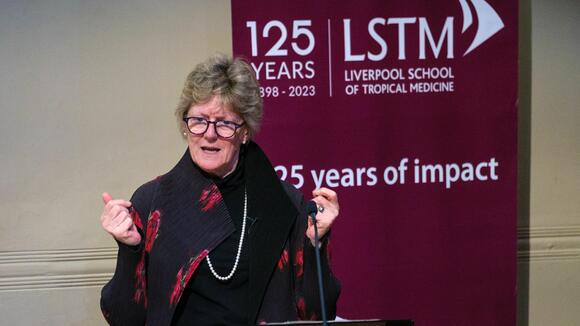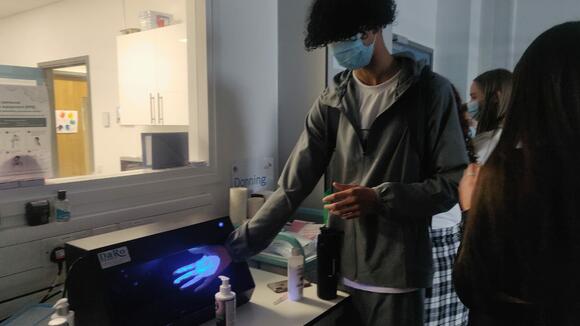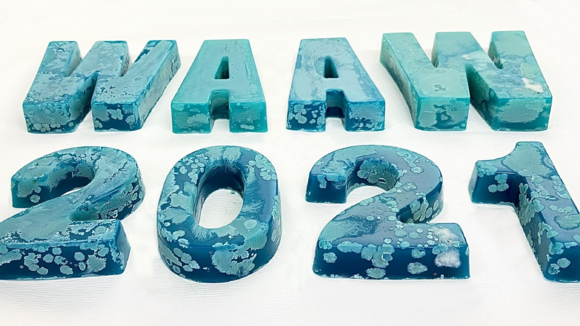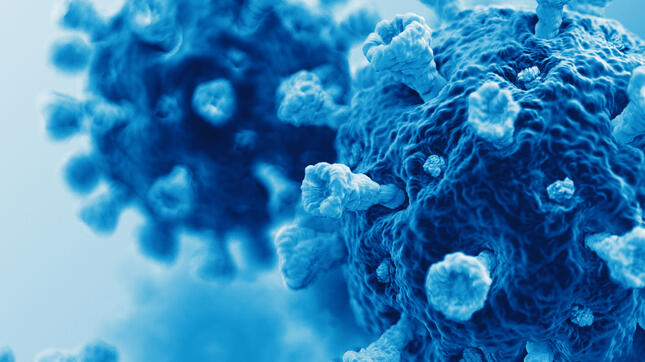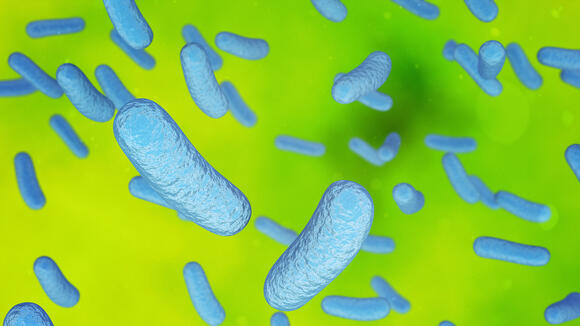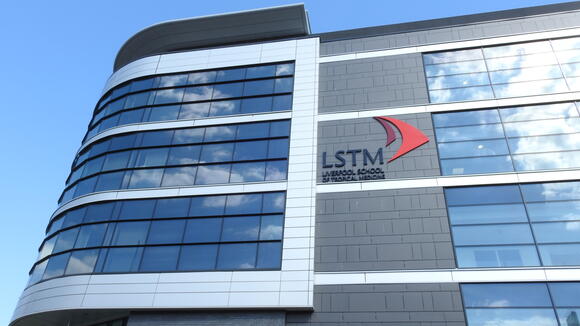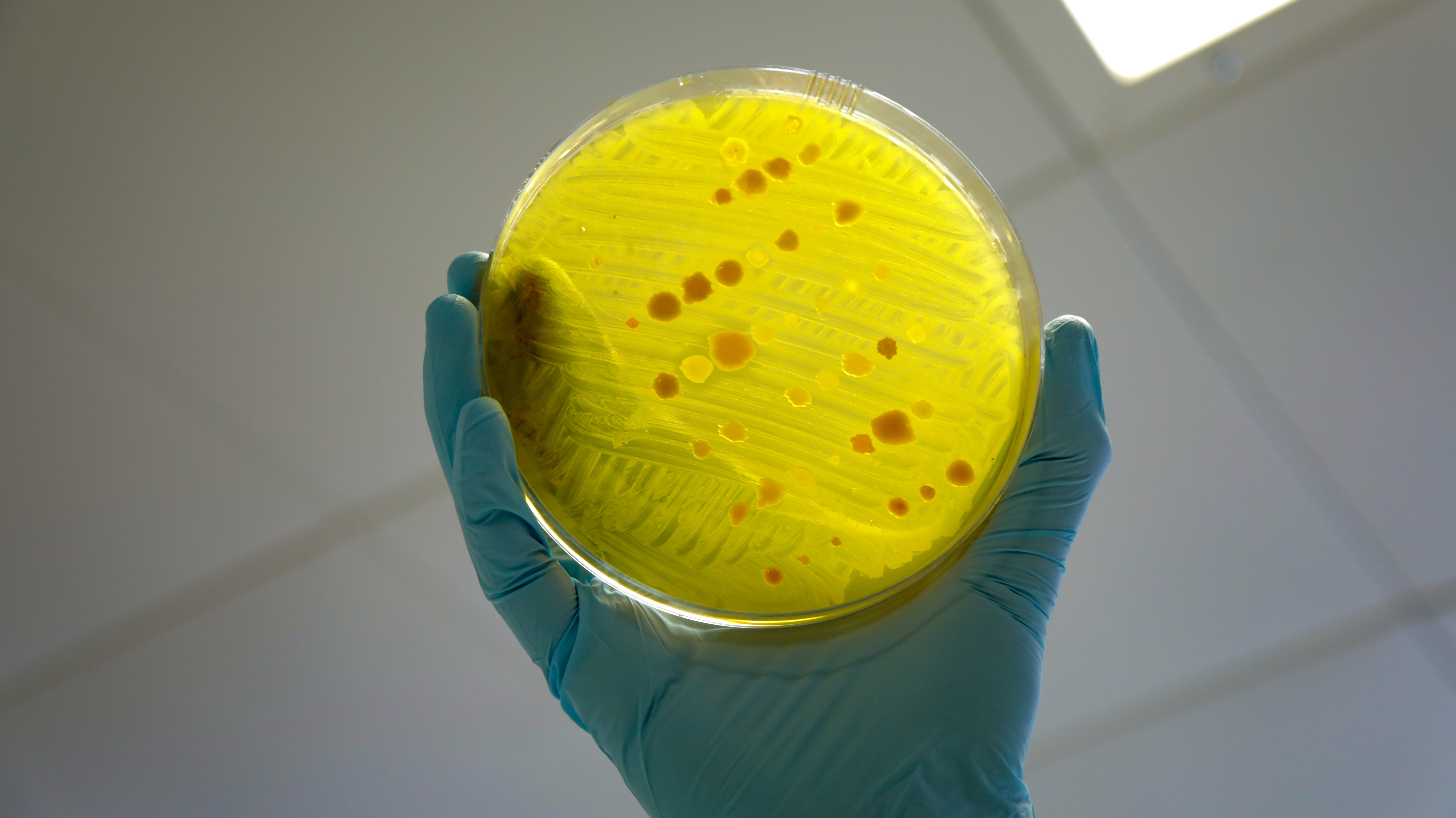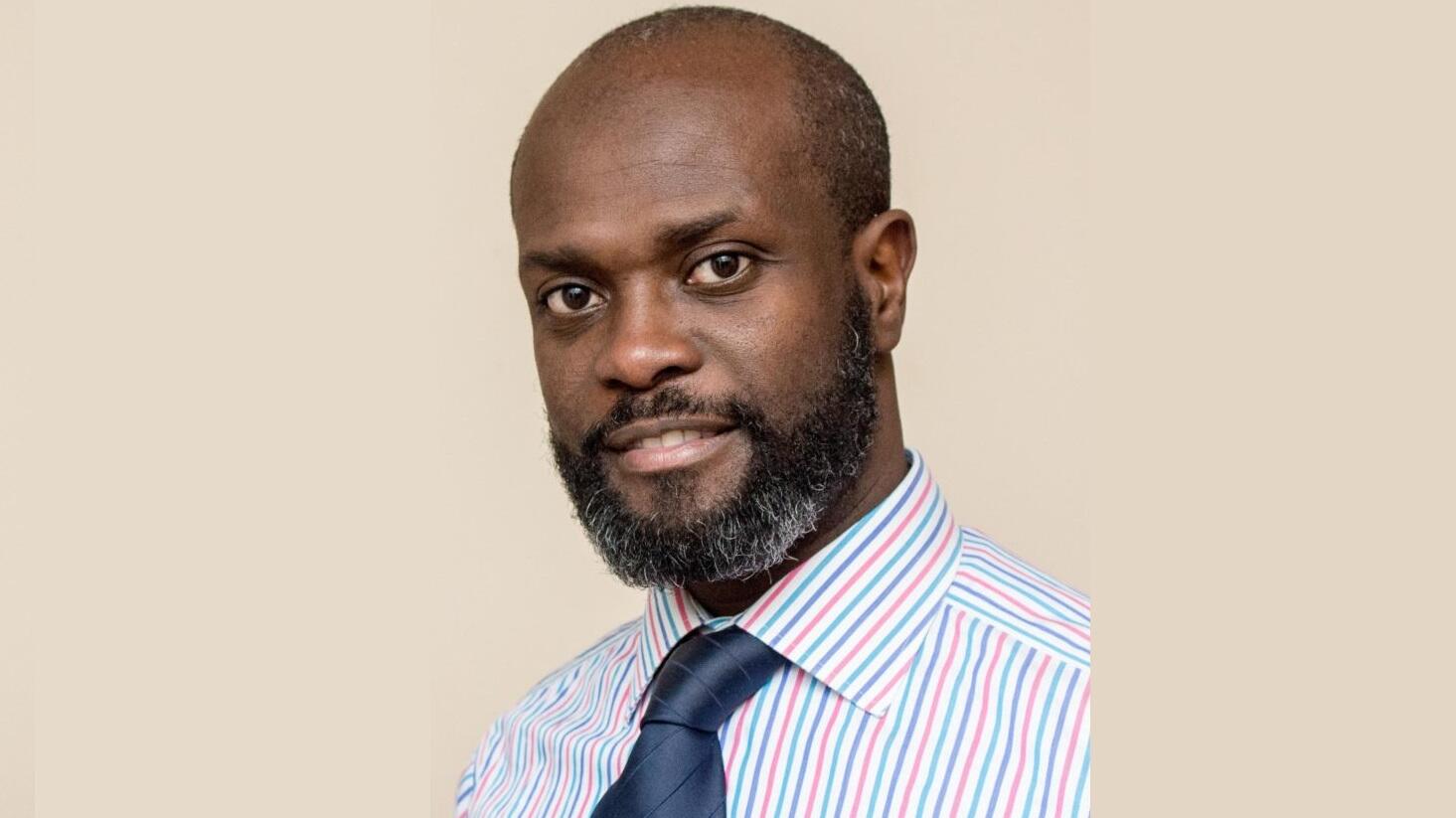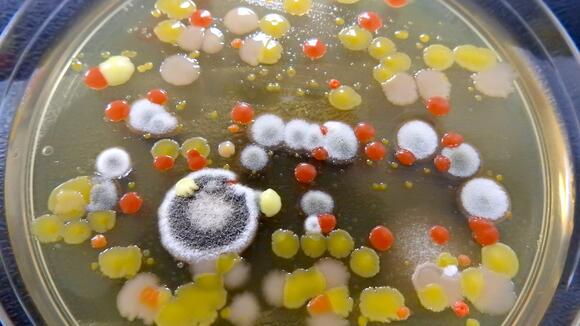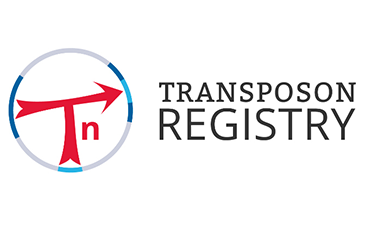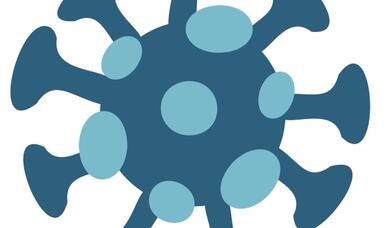
Antimicrobial chemotherapy and resistance
The antimicrobial chemotherapy and resistance group, led by Dr Adam Roberts, focusses on both fundamental and translational aspects of the growing problem of antimicrobial resistance (AMR) and chemotherapeutic solutions in order to mitigate its effects.
Antimicrobial resistance (AMR) is a globally important issue which is increasingly compromising human health. It occurs when microorganisms (bacteria, fungi and protozoans) gain the ability to grow in the presence of one or more compounds (antibiotics, antiseptics and antimicrobials) that are supposed to either kill them, or prevent their growth.
Resistance is present in every country and antimicrobial resistant microorganisms do not respect international borders. New resistance mechanisms emerge and rapidly spread across the globe leading to increased morbidity and mortality. The effects of AMR are predicted to be felt more in LMICs. Furthermore; modern medicine is underpinned by the prophylactic use of antibiotics. Without them treatments for cancer, operations, organ transplants, child birth, etc. will become increasing dangerous.
AMR is now firmly on the national and international political agendas, being discussed recently at the United Nations General Assembly in a High-Level meeting. This was only the fourth time in the history of the UN that a health topic has been discussed at the General Assembly (the other were; HIV, noncommunicable diseases, and Ebola)
Solutions to problems from antimicrobial resistance do not lie in a single field of science. To tackle them, multiple and complementary research approaches are needed; with understanding required from the molecular to the societal level. Our translational research projects span this entire spectrum of activity.
STRESST
Antimicrobial Stewardship in Hospitals, Resistance Selection and Transfer in a One Health Context
Our latest partnership will determine the effects of hospital-wide antimicrobial stewardship on the amount of antibiotics, and the numbers of susceptible and resistant bacteria, released in hospital wastewater.
The Team
- NIMble innovation—a networked model for public antibiotic trials
- Policy Advisor (Drug Resistance) for the Royal Society for Tropical Medicine and Hygiene
- Change the Course: Create a New Future for Antibiotics. Task force and Report
- Hallmarks for structural, equitable and tracked antibiotic policy
- Reinventing the antimicrobial pipeline in response to the global crisis of antimicrobial-resistant infections
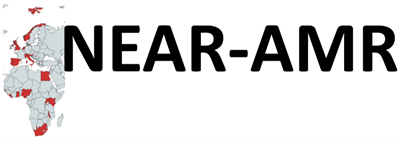
NEAR-AMR: Network of European and African Researchers on Antimicrobial Resistance
Co-ordinated by LSTM's Dr Adam Roberts, NEAR-AMR, represents a group of experts within multiple disciplines associated with antimicrobial resistance. Expertise includes clinical, pharmacy, veterinary, environmental microbiology, epidemiology, molecular biology and evolution, encompassing a One Health approach to AMR, from leading institutions located throughout Europe and Africa.
Swab & Send
The Citizen science 'Swab and Send' initiative, enables members of the public, schools and colleges to participate in the hunt for new antibiotics. Dr Adam Roberts is leading this innovative crowdfunding project.
The Swab and Send Project has received 1000s of swabs from locations as diverse as school classrooms, people’s garages, mobile phones, slate mines, a menagerie of animals and almost all parts of the human body. Using the swabs, school children and adults have explored their environment for sites which could harbour antibiotic-producing bacteria and fungi. The team now has hundreds of “hit” isolates producing antimicrobial molecules and these bacteria are being explored further by him and his team.





